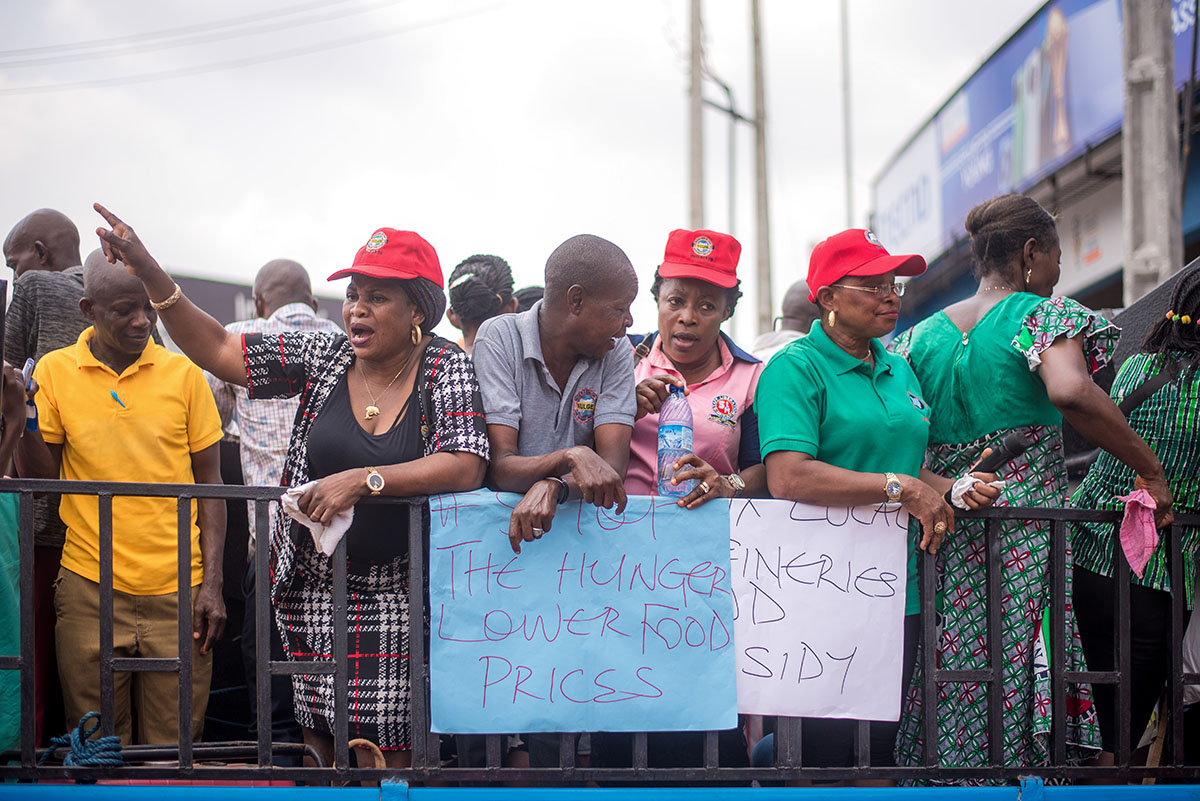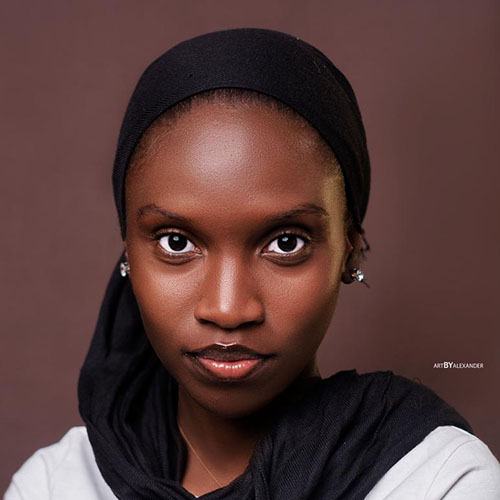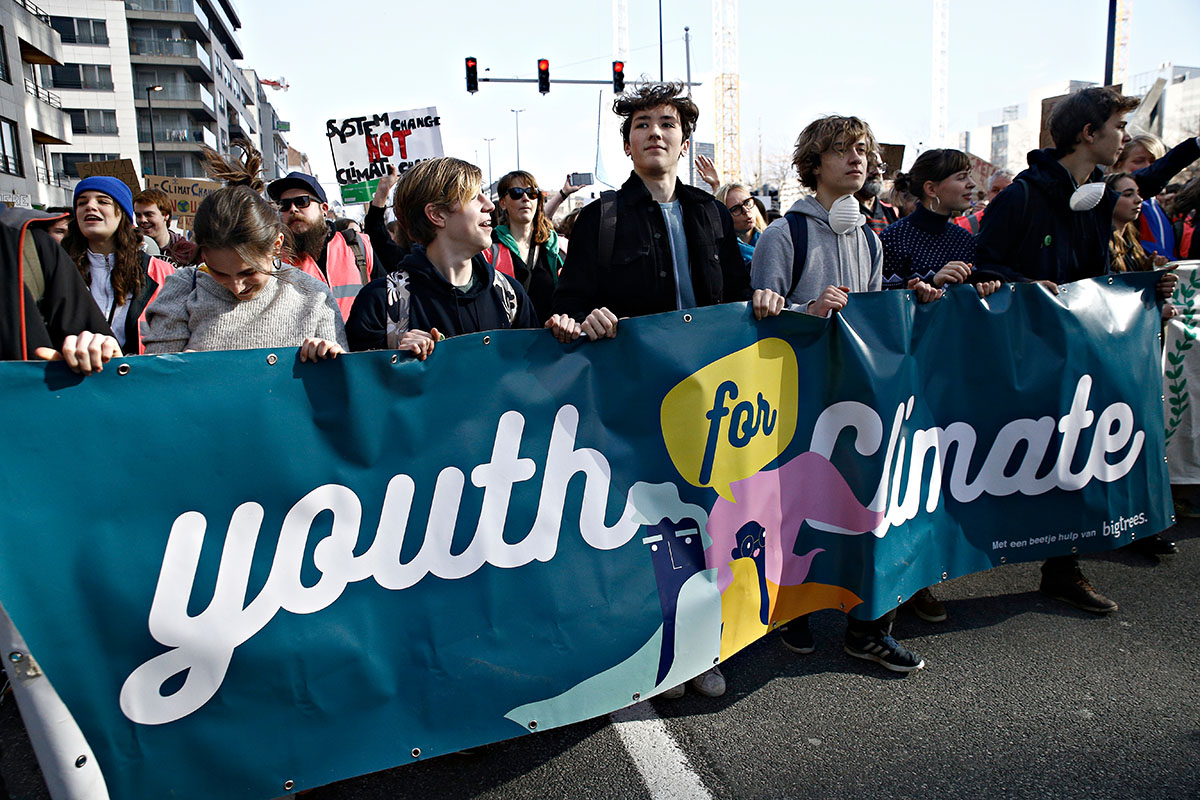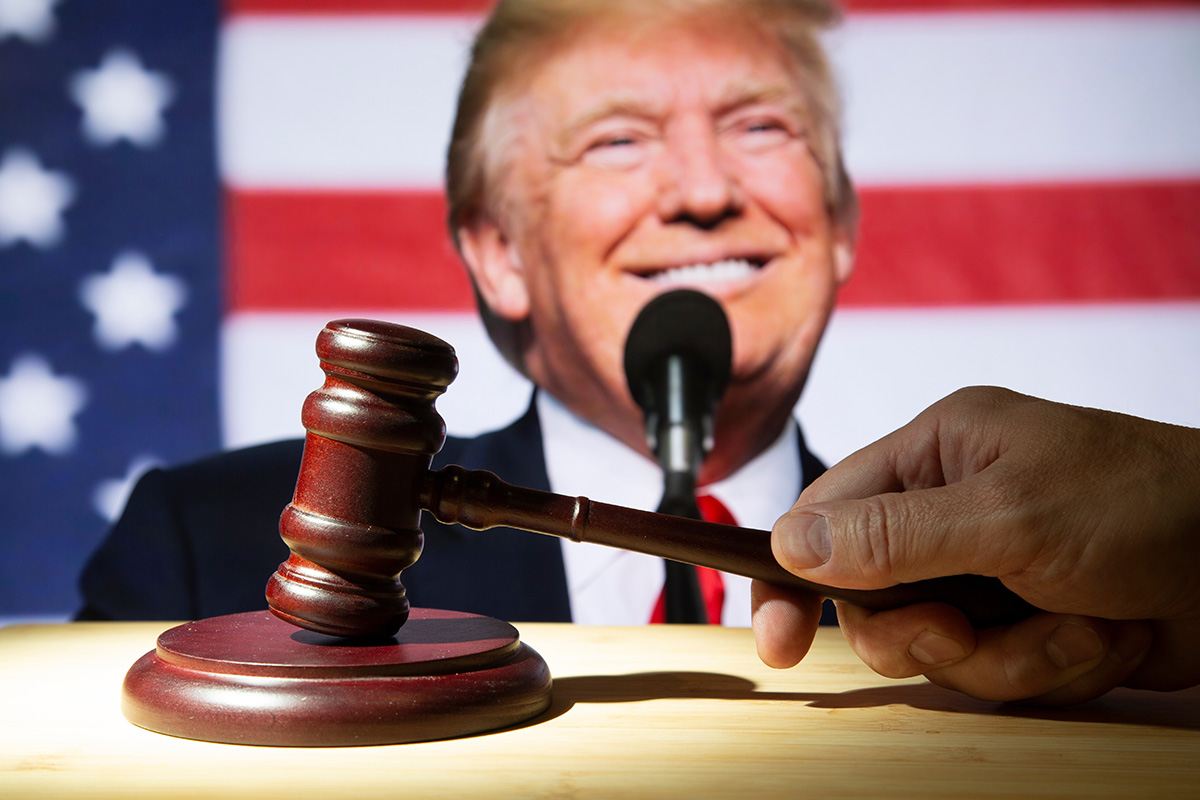The People’s Suffering; A Leadership Crisis?
August 25by Hannah Kumadi Wakawa
Nigeria has felt a new wind blowing since May 2023, a wind that blows with dryness and harshness; one that burns not just the skin of the common Nigerian man, but the pockets and even dreams of many young Nigerians.
Democracy was restored in Nigeria in 1999 when a new constitution was adopted. It empowers citizens to choose their leaders every four years by electing them through the ballot. In February 2023, Nigerians exercised their right to vote and in doing so, ushered in a new government and bid farewell to the Gen. Buhari’s “unfriendly government”, which had been in power for eight years.
The election birthed Bola Ahmed Tinubu as the president-elect and in May 2023, he was sworn into office as the President and Grand Commander of the Federal Republic. “We shall remodel our economy to bring about growth and development through job creation, food security and an end of extreme poverty,” President Bola Ahmed Tinubu said in his inaugural speech. These are words Nigerians had hoped for and held on to, but after a year in office their hands are slippery, feet tired and hope is withering.
In his speech, the president informed the people that there will be no fuel subsidy. “We commend the decision of the outgoing administration in phasing out the petrol subsidy regime which has increasingly favoured the rich more than the poor. Subsidy can no longer justify its ever-increasing costs in the wake of drying resources. We shall instead re-channel the funds into better investment in public infrastructure, education, health care and jobs that will materially improve the lives of millions” and also make electricity affordable and accessible to business and household alike. But today, Nigerians are marching the streets in protest, because the words of the president’s speech are all that they have now.
“The government of the people, for the people, by the people” is the definition of democracy which is most popularly known across the world. This definition however comes with questions for many Nigerians today, as their suffering makes them question if the government is for or against them.
The removal of the fuel subsidy has had a biting effect on the country and led it into unprecedented hardship. Food inflation stands at 40 per cent and is the highest in nearly three decades. There is insecurity and increased tuition fees for tertiary education. Basic commodities have become luxuries that are out of the grasp of many Nigerians.
As the people stomped the streets in protest, on hearing their cries, Senate President, Godswill Akpabio remarked: “Those who want to protest can protest, but let us be here eating,” leaving Nigerians to wonder if this democracy is for the people or for the interest of few.






